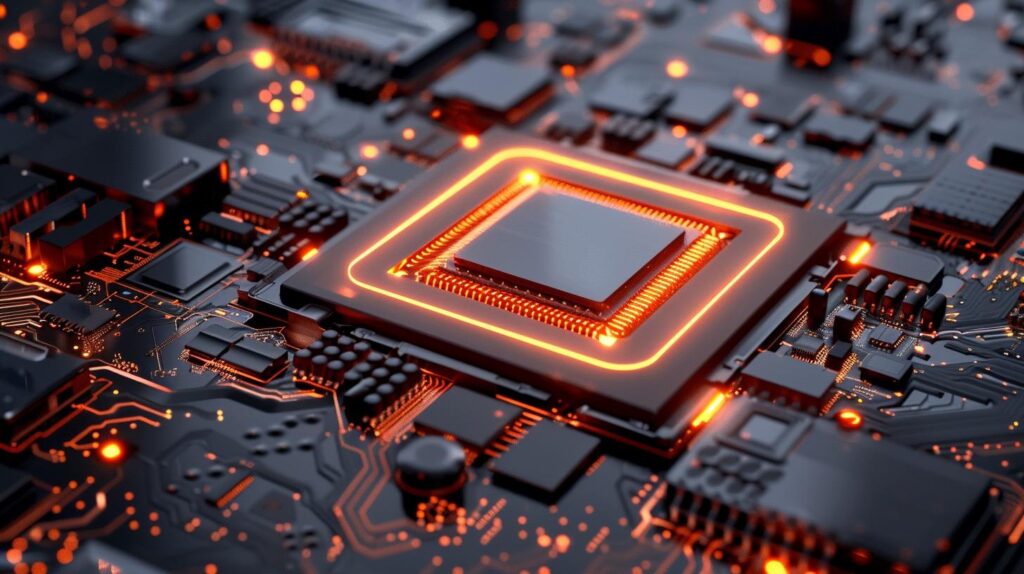Nvidia’s CEO Jensen Huang introduces Rubin, the successor to Blackwell AI chips, at Computex conference in Taipei. Rubin promises improved power efficiency for AI data centres and new deals with PC makers for GeForce RTX integration.
At the Computex conference in Taipei, Nvidia’s CEO Jensen Huang unveiled a new line of artificial intelligence (AI) processors named “Rubin,” which will succeed the “Blackwell” chips announced in March. Blackwell chips, intended for data centers, are still in production and have yet to be shipped. Rubin AI chips are set to ship in 2026, promising improved power efficiency to mitigate concerns about the energy demands of AI data centers.
Nvidia’s announcement included new AI chip deals with PC makers Asus and MSI. These companies will incorporate Nvidia’s GeForce RTX graphics processing units into their laptops, enabling AI functionalities like digital assistants, video editing, and coding. However, Nvidia did not specify the release dates for these new laptops.
Additionally, Nvidia introduced the Vera Arm-based central processing unit (CPU) for AI data centers. This entry challenges Intel and AMD, which traditionally dominate the CPU market. Nvidia’s move underscores its strategy to centralize server market shifts around its AI chip technology as AI applications increasingly dominate data center operations.
Founded over 30 years ago, Nvidia initially focused on GPUs for gaming PCs but later pivoted to broader AI applications. The company’s profound impact on AI development has significantly boosted its market value, nearing that of Apple and Microsoft. Analysts predict that as PC sales rebound, there will be a shift towards AI-embedded PCs, anticipated to constitute about 65% of PC shipments by 2028.










